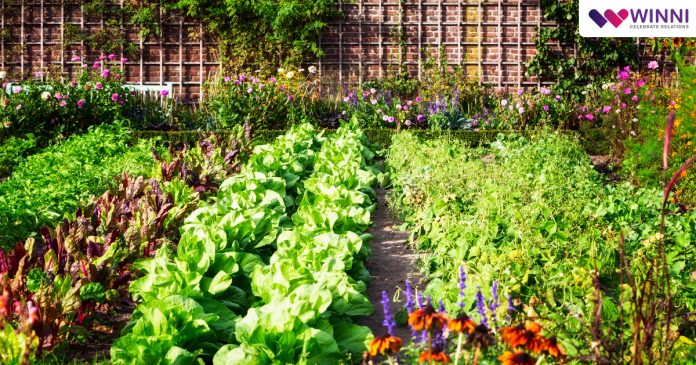Imagine a garden which is not only beautiful but also functional! A place where you can grow visually appealing and consumption plants side by side. This magic of edible garden combines aesthetics with utility, creating a harmonious and productive garden. Also, it offers a creative way to beautify your space and put food on your table. Not to forget, it will save you from spending money on over-fertilized fruits & veggies. Above all, it challenges the conventional idea that beauty and functionality cannot coexist in the same space.
Benefits of Edible Garden
- Sustainability: By eating from your garden to the table, you reduce your reliance on store-bought produce.
- Cost-Effectiveness: With rising food prices, growing fruits and vegetables at home can save money while ensuring fresher and healthier produce.
- Aesthetic Appeal: Different fruits and vegetables in your garden can give a unique twist to the beauty of ornamental plants, adding vibrancy to your garden.
- Health Benefits: Food on your farm will be free from harmful pesticides and packed with nutrients, contributing to a healthier lifestyle.
- Natural Cleaners: With this diversity in your garden, you will help control pollution maintain a required AQI in your surroundings, and inhale cleaner air, bringing positive and healthy change.
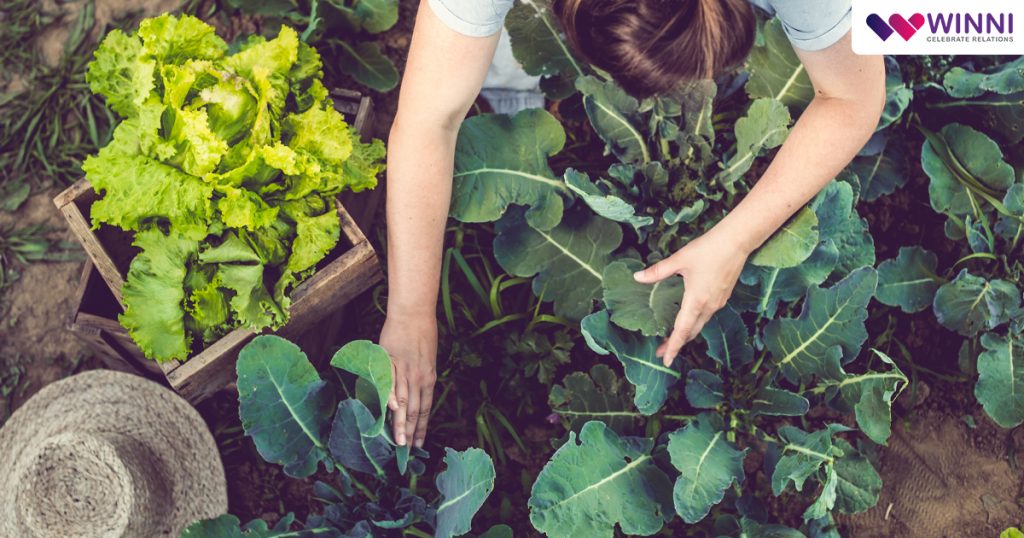
Easy-To-Grow Plants For Your Edible Garden
An edible garden at your home can be an incredibly rewarding and fulfilling experience. In fact, it’s easier than you think. Whether you have an open backyard or an apartment balcony, you don’t need to be an expert gardener to cultivate a lush, thriving edible garden. Here are some of the most effortlessly satisfying plants that will transform your garden into an aromatic paradise.
Tomatoes – The Edible Fruitable!
Tomatoes are undoubtedly one of the most used vegetables in every household. Growing it at your home is super convenient as these juicy, plump fruits grow quickly and effortlessly. Whether you’re planting them in a pot, raised bed, or directly in the ground, tomatoes thrive with minimal attention. They are highly nutritious, productive, easy to grow, and versatile in cooking as well.
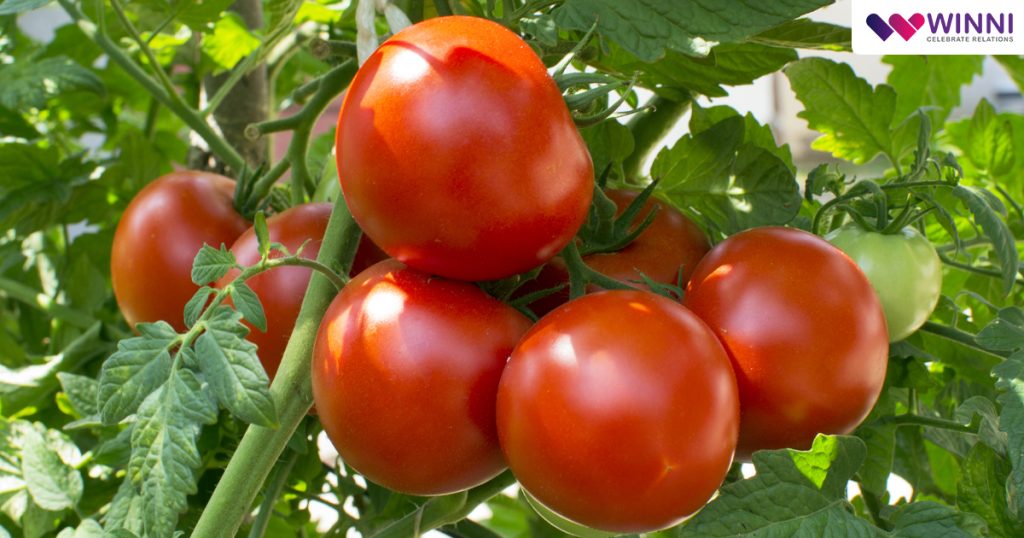
Lettuce – Healthy & Leafy Greens
If you are new to gardening, planting lettuce will be the most pleasing experience for you. It’s incredibly fast-growing and can be harvested in just a few weeks. You can have crisp, fresh leaves for your salad or sandwiches. Lettuce is available in a variety of greens and red colors. Not only is it healthy, but delicious and visually striking too!
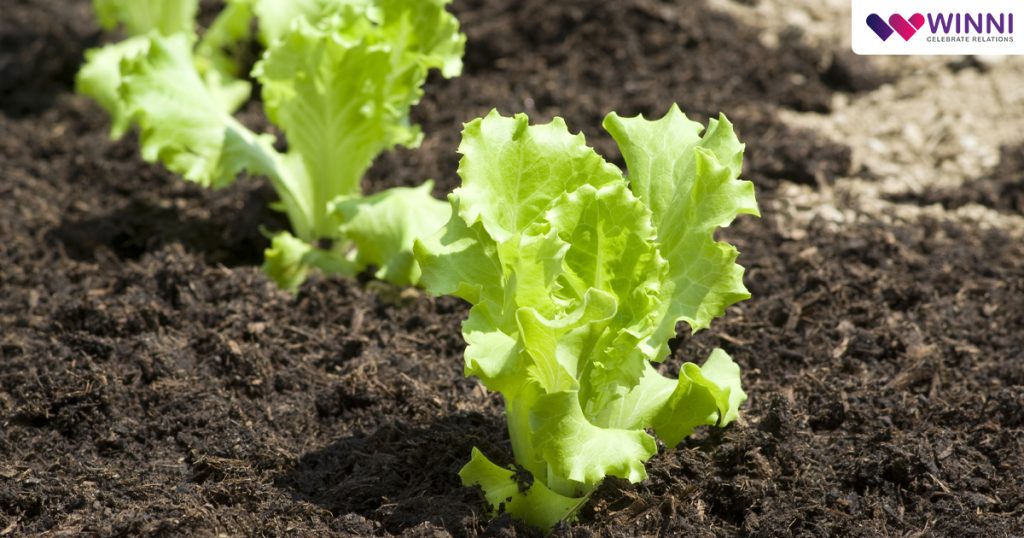
Herbs – The Mini Nutrition Packs
Herbs like basil, mint leaves, curry leaves, coriander, rosemary, and so on are among the easiest plants to grow in your edible garden. These plants will infuse your place with fragrance and are multifunctional in cooking. They require little care and grow vigorously with just a bit of sunlight and water. You can grow them in bots or borders as they are both ornamental and edible.
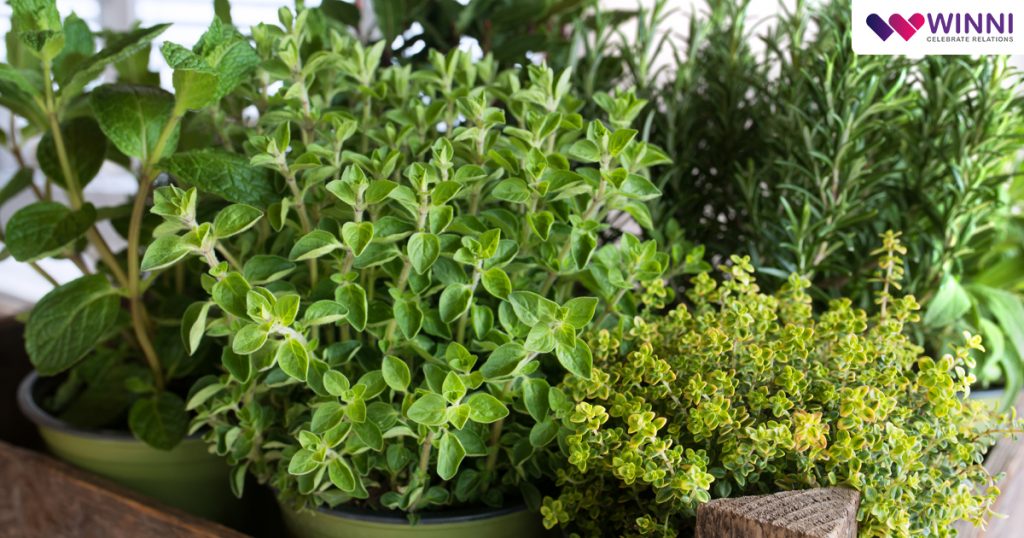
Spinach – Dense & Edible Leafs For Garden
Everyone knows that spinach is packed with nutrients but the lesser-known fact is that it is easy to grow too. The vegetable is highly adaptable and will grow in both sunny and partially shaded spots. On top of it, they demand minimal care. You can enjoy the fresh fruit in your rice, salads, soup, or smoothies.
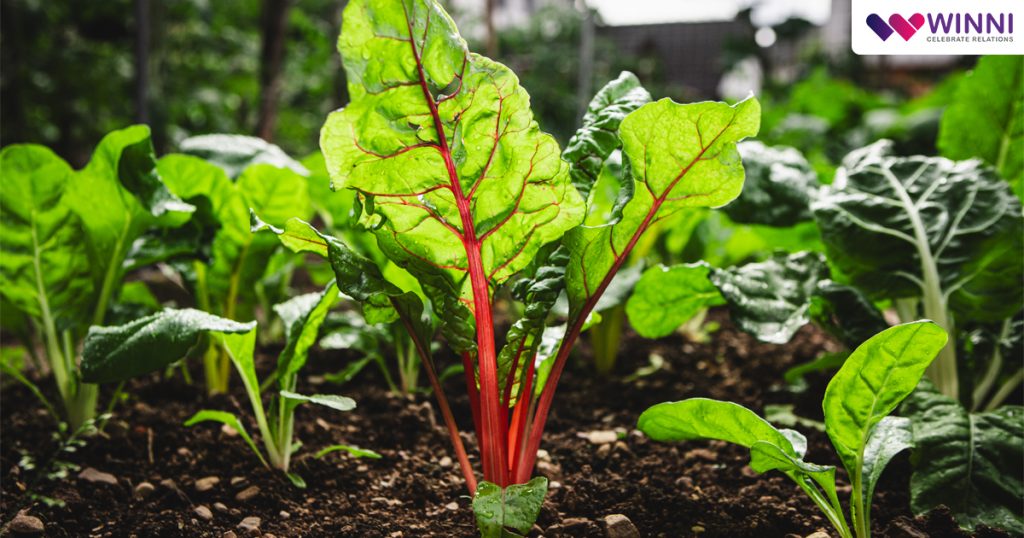
Peppers – The Colorful Edibles
Peppers are a delightful and visually appealing addition to your edible garden. Be it green, red, or yellow, they are useful in a variety of cuisines. These glossy, multicolored plants are super easy to grow in warm weather where they are provided with water consistently to prevent bitterness. After a while, you can enjoy the juicy veggies in your stir-fries, salads, and cooked meals.
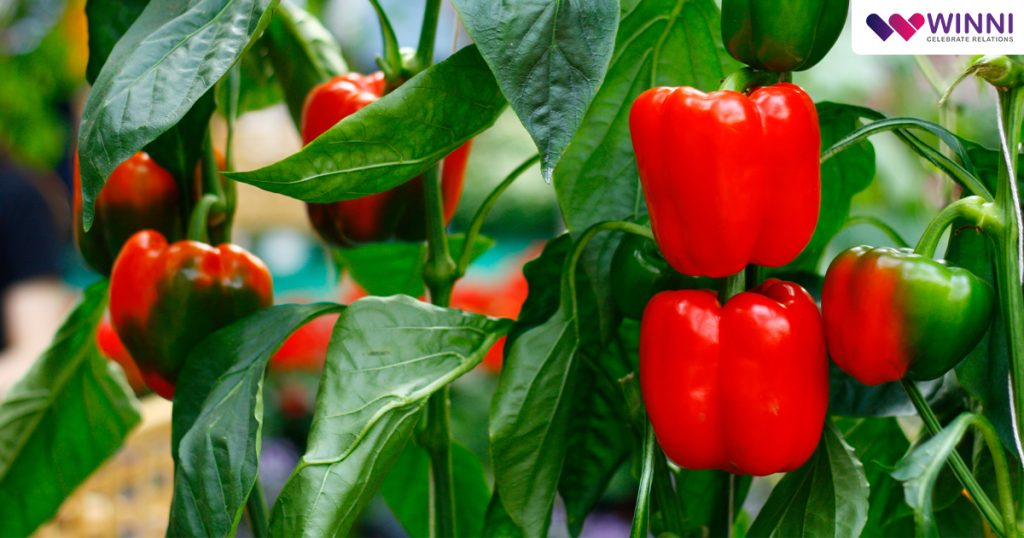
Carrots – Edibles Under The Root
The carrot is a classic winter garden plant that is surprisingly simple to grow, even in smaller spaces. We bet that the taste of your garden will be totally different from the market-bought carrots. All these roots vegetables need is loose, well-drained soil and a bit of patience to allow them to grow straight and long.
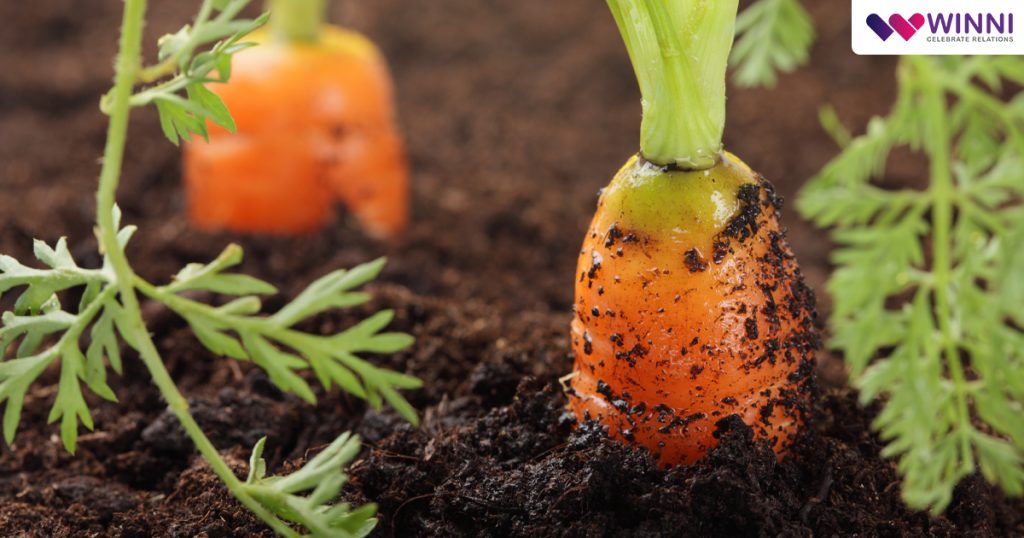
Maintenance Tips
- Rotate Crops: Change plant locations each season, it will prevent soil depletion.
- Regular Pruning: Prune your plants frequently to maintain the garden’s aesthetics.
- Organic Fertilization & Pest Control: Use companion planting to deter pests naturally. For instance: marigolds with tomatoes. Also, choose natural fertilizers over store-bought.

